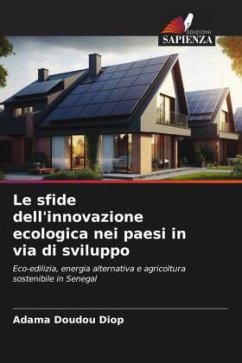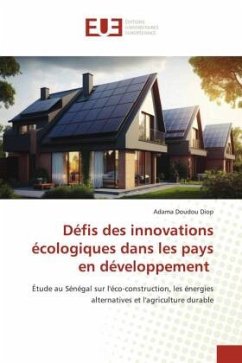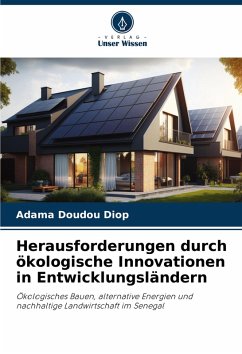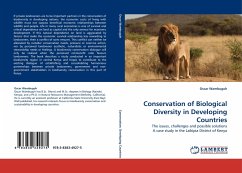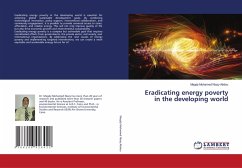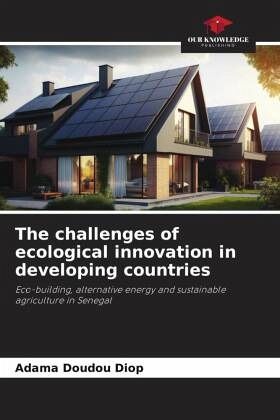
The challenges of ecological innovation in developing countries
Eco-building, alternative energy and sustainable agriculture in Senegal
Versandkostenfrei!
Versandfertig in 6-10 Tagen
56,99 €
inkl. MwSt.

PAYBACK Punkte
28 °P sammeln!
Ecological innovations, the terms "bio", "éco", "vert" or "écolo" now have a positive connotation and occupy a large part of scientific, media, academic and even political debates. In developing countries, this trend has led to the adoption and funding of a number of initiatives by NGOs, international organizations, public authorities and other development partners. However, the results obtained are sometimes mixed, and even negative in some cases. This book, the result of doctoral research in geography, explores the challenges of these initiatives through the case of Senegal in three strate...
Ecological innovations, the terms "bio", "éco", "vert" or "écolo" now have a positive connotation and occupy a large part of scientific, media, academic and even political debates. In developing countries, this trend has led to the adoption and funding of a number of initiatives by NGOs, international organizations, public authorities and other development partners. However, the results obtained are sometimes mixed, and even negative in some cases. This book, the result of doctoral research in geography, explores the challenges of these initiatives through the case of Senegal in three strategic sectors: eco-construction, alternative energies and sustainable agriculture, to give an in-depth look at these practices revolving around sustainable development and ecological projects in the South.



